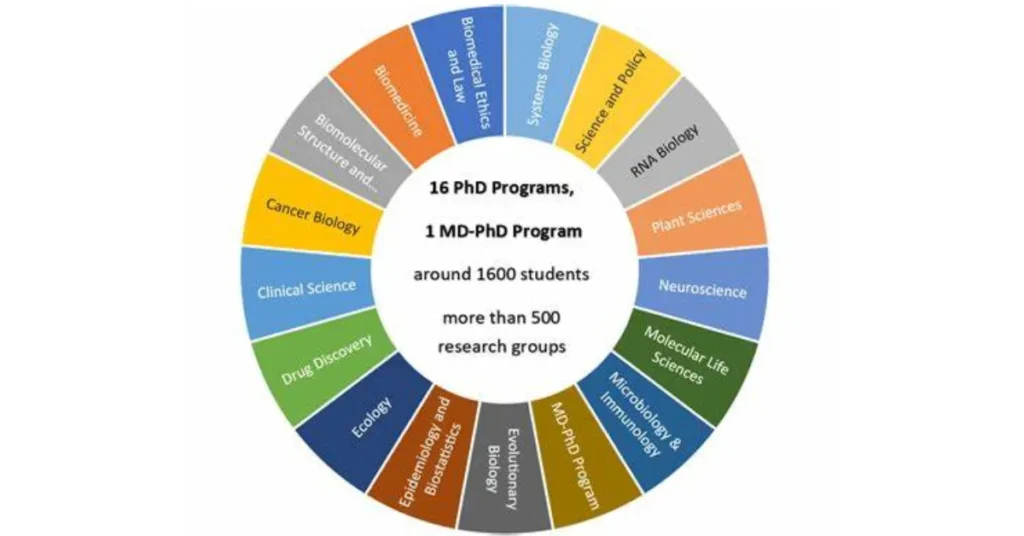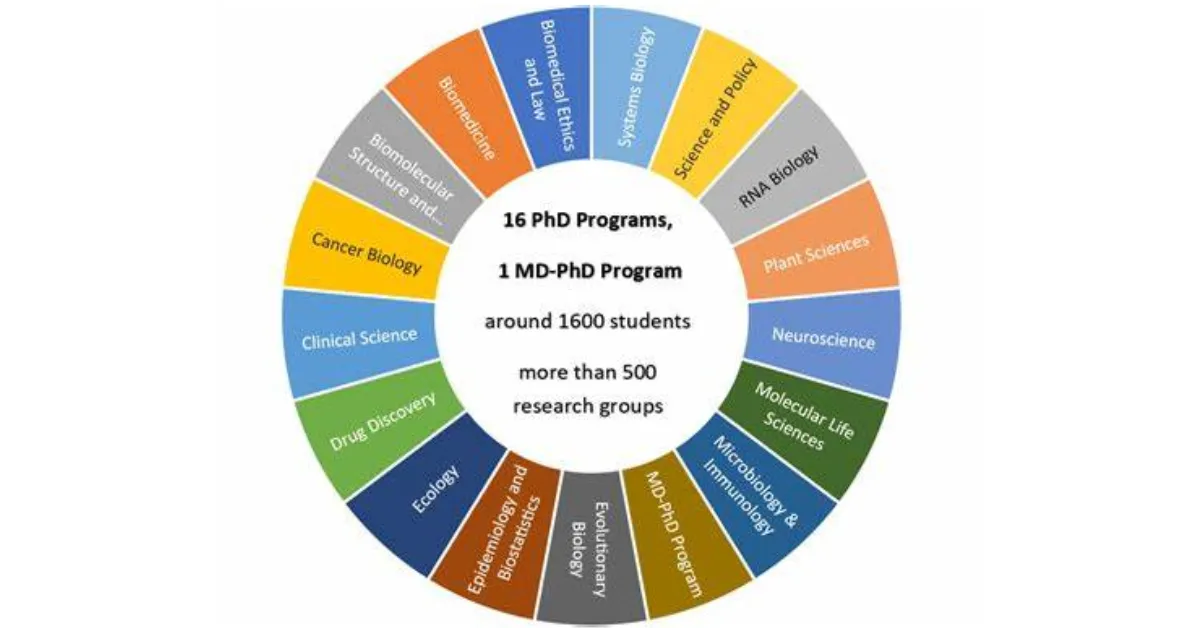Pursuing advanced education is a significant step that can shape your career and intellectual future. Two primary options exist for students seeking further academic or professional development: Master’s and PhD programs. Each path offers unique benefits, depending on whether you aim for professional expertise or academic research. In this guide, we will explore the characteristics, advantages, and considerations of both programs to help you make an informed decision.
Graduate education comes in various forms, with the most common options being Master’s and PhD programs. While a Master’s degree usually focuses on gaining specialized knowledge in a field for career advancement, a PhD emphasizes original research and is ideal for those interested in academic or research-oriented careers. Choosing between the two can be daunting, but understanding their structure, benefits, and outcomes can clarify which path aligns best with your goals.

Master’s Degree Overview
A Master’s degree is typically a postgraduate program that lasts between 1-2 years, offering specialized knowledge and practical skills in a particular field. It’s a popular choice for professionals seeking to enhance their qualifications or switch career fields. Several types of Master’s degrees cater to different industries:
- Master of Arts (MA): Commonly associated with subjects like literature, history, and the humanities.
- Master of Science (MS): Focused on STEM fields, such as engineering, biology, or physics.
- Master of Business Administration (MBA): Tailored for individuals seeking leadership or management roles.
- Master of Education (M.Ed.): Ideal for educators looking to advance their teaching careers.
Master’s programs typically involve coursework, and some may require the completion of a research project or thesis.
Key Advantages of a Master’s Degree
- Career Flexibility: A Master’s degree enables individuals to move into specialized roles within their industry, enhancing employability and earning potential.
- Shorter Duration: Most Master’s programs can be completed within 1-2 years, allowing quicker entry into the workforce compared to PhD programs.
- Skill Enhancement: It provides an opportunity to acquire advanced skills relevant to your field, making you more competitive in the job market.
- Professional Networking: Many Master’s programs incorporate internships, projects, or industry partnerships, helping students connect with professionals in their area of study.
PhD Degree Overview
A PhD (Doctor of Philosophy) is the highest level of academic qualification, focusing on research and the creation of new knowledge in a specific field. PhD programs typically take 3-7 years to complete, depending on the discipline and complexity of the research. Unlike a Master’s degree, which emphasizes professional skills, a PhD is more research-intensive and culminates in a dissertation that contributes original insights to the academic community.
PhD programs are suited for individuals interested in academic careers, such as university professors, or high-level research roles in industry or government.
Key Advantages of a PhD
- Academic Career Path: A PhD is essential for individuals aspiring to teach at the university level or conduct research in academic or specialized industries.
- Research Expertise: PhD programs develop advanced research skills, enabling graduates to explore new ideas and contribute original knowledge to their field.
- Higher Earning Potential in Specialized Roles: Many industries, particularly in the sciences, value PhD holders for their ability to solve complex problems and conduct in-depth research.
- Intellectual Fulfillment: PhD candidates experience the satisfaction of creating knowledge and becoming recognized experts in their discipline.
Master’s vs. PhD: A Comparison
While both Master’s and PhD programs are postgraduate options, they differ significantly in terms of focus, duration, and career outcomes. The table below summarizes key distinctions:
| Aspect | Master’s Degree | PhD Degree |
|---|---|---|
| Duration | 1-2 years | 3-7 years |
| Focus | Coursework, professional skills | Original research, academic theory |
| End Goal | Thesis/project (optional) | Dissertation and defense |
| Career Path | Professional advancement, industry roles | Academia, research, specialized positions |
| Funding | Often self-funded with limited scholarships | Funded through assistantships, fellowships, or grants |
| Flexibility | Part-time, online options available | Full-time commitment required, research-focused |
Factors to Consider When Choosing Between a Master’s and PhD
Choosing between a Master’s and PhD program can be challenging, but focusing on your career goals, interests, and life circumstances can make the decision easier. Here are some essential factors to consider:
1. Career Goals
- Master’s Degree: Ideal for professionals seeking to advance within their current field or switch to a new one. It offers practical, industry-specific skills that are highly valued by employers.
- PhD: Best suited for those interested in academic or research-based careers. If you want to teach at a university or conduct independent research, a PhD is the most appropriate choice.
2. Research vs. Practical Skills
- Master’s: Emphasizes practical knowledge and application, making it suitable for career-oriented individuals.
- PhD: Centers on deep academic inquiry and research, making it perfect for those passionate about discovering new knowledge and contributing to academic fields.
3. Time Commitment
- Master’s: Typically takes less time (1-2 years) and allows students to quickly return to the workforce.
- PhD: Requires a long-term commitment (3-7 years), as students must complete significant original research and defend their dissertation.
4. Funding Opportunities
- Master’s: Often requires self-funding, though some scholarships or employer-sponsored options may be available.
- PhD: Many PhD programs offer funding packages, including teaching or research assistantships that cover tuition and provide a stipend.
Application Process for Master’s and PhD Programs
Regardless of the program, the application process for graduate school requires thorough preparation. Here’s a general outline of the steps involved:
- Research Programs: Start by exploring universities and programs that align with your academic and career interests. Look into faculty members, course offerings, and research opportunities.
- Meet Admission Requirements: Check the eligibility criteria for your chosen programs, which may include relevant undergraduate degrees, professional experience, or prerequisite courses.
- Prepare Required Documents: Collect necessary documents like transcripts, letters of recommendation, a statement of purpose, and a resume or CV.
- Standardized Tests: Some programs require GRE, GMAT, or other entrance exams. Make sure to check test requirements well in advance.
- Submit Applications: Apply to multiple programs to increase your chances of acceptance. Keep track of deadlines and ensure all components of your application are complete.
Success Tips for Graduate School
Whether you pursue a Master’s or a PhD, excelling in graduate school requires focus and determination. Here are a few tips to help you succeed:
- Develop Time Management Skills: Balance coursework, research, and personal responsibilities by creating a structured schedule.
- Seek Mentorship: Building relationships with faculty or advisors can provide guidance, support, and networking opportunities.
- Engage in Research Early: For PhD students, getting involved in research projects early on will enhance your skills and prepare you for your dissertation.
- Maintain a Work-Life Balance: Graduate school can be demanding, so it’s essential to take care of your mental and physical well-being.
Conclusion
Choosing between a Master’s and PhD program depends on your professional goals, interests in research, and time commitment. A Master’s degree offers faster entry into specialized careers and professional advancement, while a PhD opens doors to academic and research positions, along with the opportunity to contribute new knowledge to your field. Both paths present exciting opportunities, and selecting the one that aligns with your long-term aspirations will set you on a successful trajectory in your chosen field.
